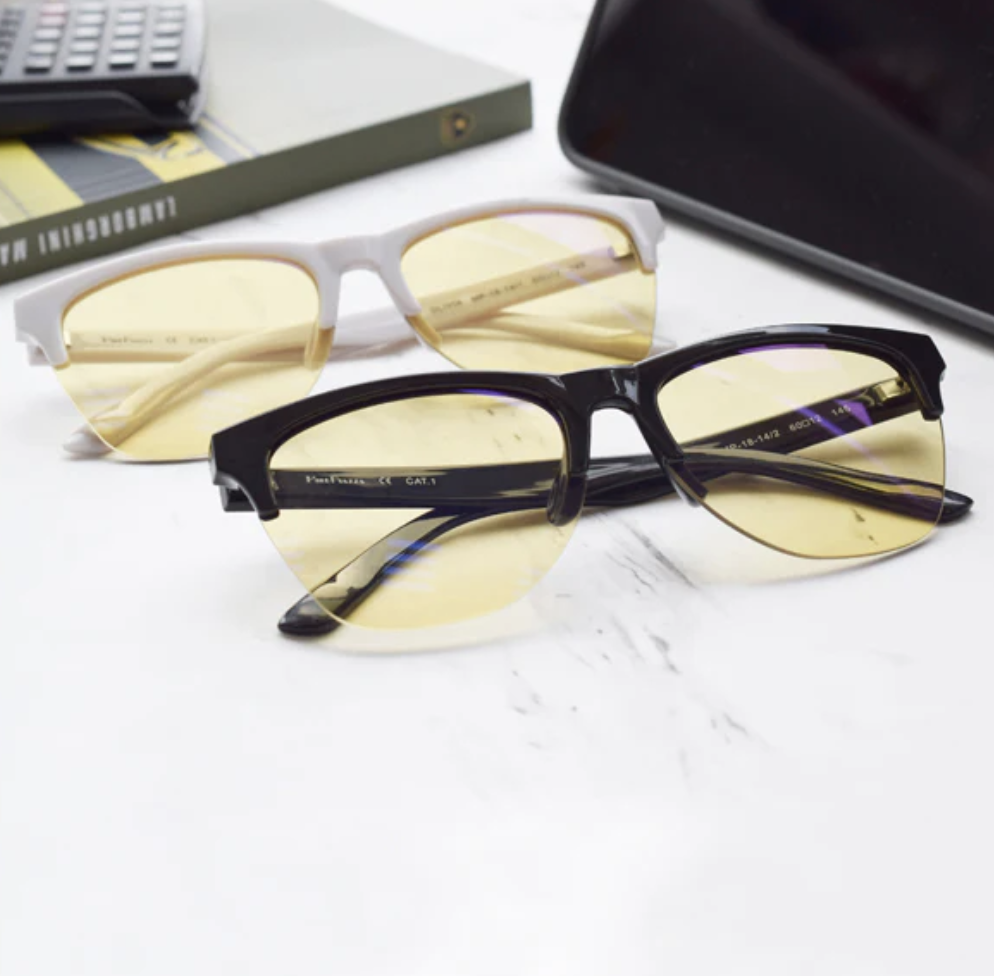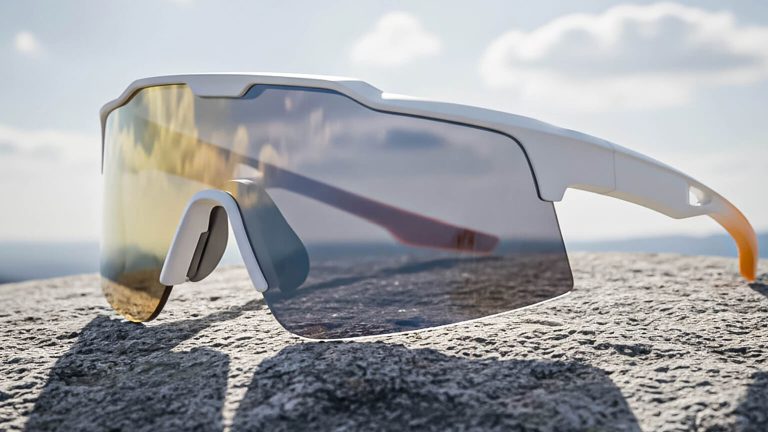How to Understand Sunglass Lens Grades? Choosing the Wrong Lenses Can Cause Eye Fatigue! This article introduces the five major types of sunglass lens grades, along with their key features, comparison tables, and selection tips, helping you choose the right lenses and protect your eyes with ease.
1. Why Should You Care About Sunglasses Lens Grades?
- Block UV rays to prevent corneal inflammation, cataracts, and other eye diseases
- Reduce glare for improved visual comfort
- Meet different lifestyle needs: driving, sports, daily wear
⚠️ Important: Dark lenses ≠ Protection! The primary function of sunglasses isn't about "shade" or "color darkness"—it's about preventing UV damage to your eyes from prolonged exposure to UVA and UVB rays. If lenses lack UV protection, they actually cause pupils to dilate, allowing more UV rays to enter. Therefore, always verify the lens grade before purchasing.

2. Understanding the 5 Major Sunglasses Lens Grades
- UV400 Lenses: The most basic UV protection, suitable for daily wear (blocks 99%–100% of UVA/UVB rays).
- Polarized Lenses: Effectively reduce reflected light and glare; recommended for drivers, fishing enthusiasts, and water sports lovers.
- Photochromic Lenses: Clear indoors, automatically darken outdoors; one pair adapts to different lighting conditions.
- Blue Light Blocking Lenses: Ideal for those who spend extended time on computers and smartphones, reducing eye fatigue.
- Colored/Coated Lenses: Combine fashionable appearance with light adjustment effects; popular among younger demographics. Common colors include: gray, brown, green, yellow, blue, and pink.

3. Lens Function Comparison Table
Below is a comparison of common lens functionalities:
| Lens Type | Main Function | Advantages | Disadvantages | Suitable Users | Usage Scenarios |
|---|---|---|---|---|---|
| UV400 Lens | Blocks 99%–100% UVA/UVB ultraviolet rays | Protects eyes from UV damage | No anti-glare effect; limited style options | General users | Daily outdoor use, walking, short commute |
| Polarized Lens | Reduces glare from water surfaces, glass, snow, and reflective surfaces | Enhances visual clarity and contrast; reduces eye fatigue | May make screens unclear at night or in low-light environments | Drivers, anglers, outdoor sports enthusiasts | Driving, fishing, skiing, cycling, running |
| Photochromic | Automatically darkens or lightens according to light intensity | No need to switch glasses; convenient for all-weather use | May not be fully clear indoors | Commuters, outdoor workers | Day-and-night environments, outdoor commuting, hiking, fieldwork |
| Blue Light Blocking Lens | Filters blue light and reduces eye strain | Relieves dryness and fatigue during prolonged screen use; protects retina | Weaker sunlight protection outdoors | Heavy 3C device users, long-term phone/computer users | Office, desktop computer use, mobile/tablet use |
| Colored / Mirrored Lens | Offers various colors or special coatings, combining style and function | Customizable appearance; some mirrored coatings reduce glare or increase contrast | Best for sunny outdoor use; not suitable for indoor wear | Fashion lovers, trend-seekers | Daily outfits, social events, short outdoor use |
4. How to Choose the Right Sunglasses?
- Verify UV400 certification and protection standards (CNS15067, FDA, CE).
- Select based on needs: polarized for driving, photochromic for extended outdoor use, blue light blocking for computer users.
- Avoid excessively dark lenses that may compromise visual clarity.
- Choose trusted brands and avoid questionable, inferior products.
Frequently Asked Questions (FAQ)
Q1: Do dark lenses always protect against UV rays?
A: Not necessarily—it depends on the lens grade.
Q2: Are polarized lenses better than UV400?
A: Polarized lenses typically include UV400 protection and also reduce glare, offering more comprehensive functionality.
Q3: Do photochromic lenses work inside cars?
A: Most photochromic lenses have limited effectiveness inside cars because windshields filter UV rays.
Don't Just Look at Style or Color When Choosing Sunglasses!
First confirm UV400 protection, then select additional features like polarization, photochromic, or blue light blocking based on your needs—this is how you truly protect your eyes.
We offer a full range of UV400, polarized, photochromic, blue light blocking, and fashionable colored/coated sunglasses, combining professional protection with trendy designs to meet your lifestyle needs. Whether for daily commuting, outdoor sports, or pursuing fashion-forward style, we have the perfect lens options for you.

Additionally, we provide various lens types and offer exclusive customization services tailored to brand requirements, helping you create unique eyewear products that balance functionality with brand identity.




